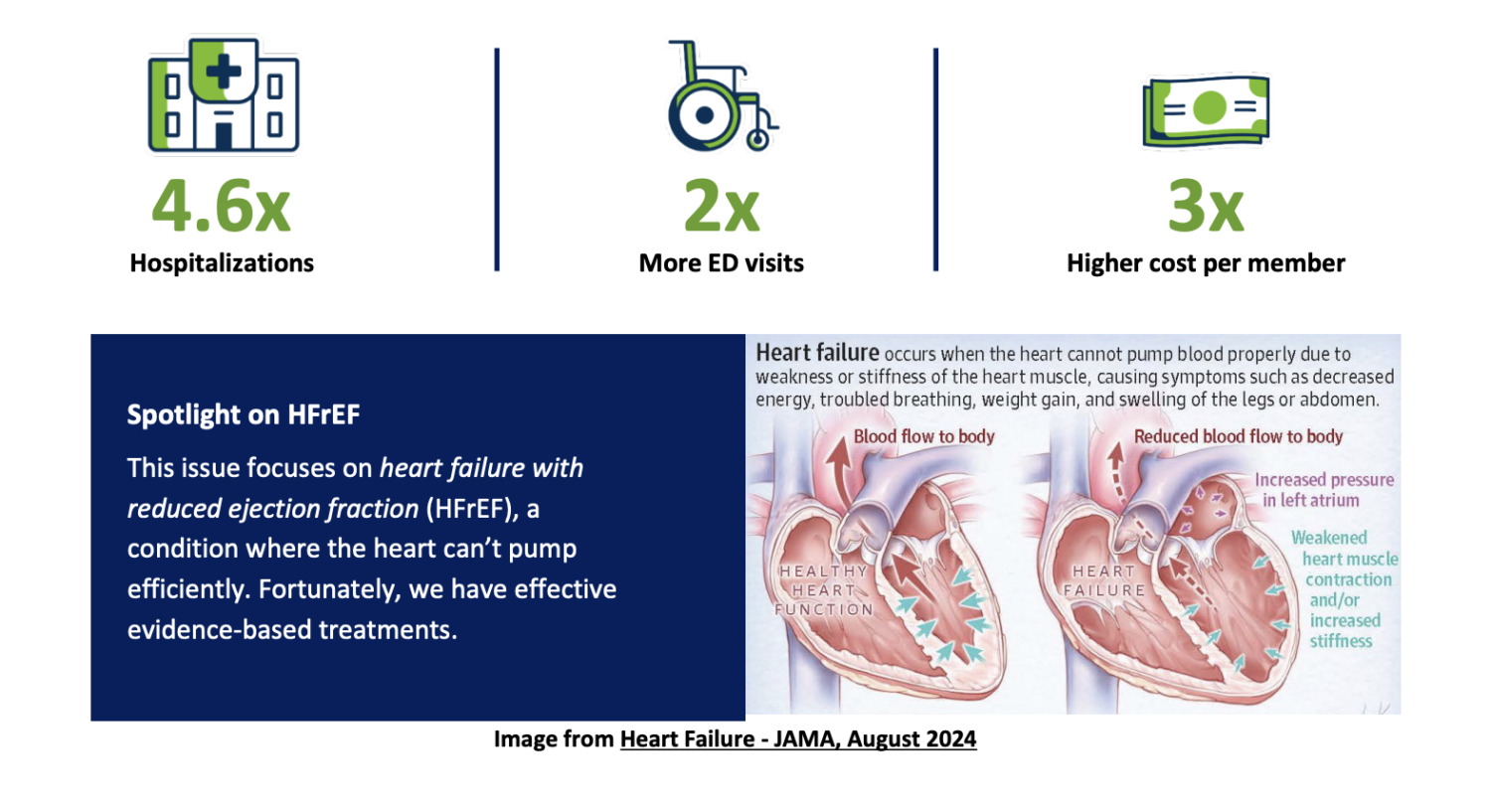
What You Should Know:
– Humana Inc. has released a new Value-Based Care Issue Brief with findings that indicate value-based care delivers a higher quality of care and better medication adherence to evidence-based medicine for Medicare Advantage patients diagnosed with heart failure.
Impact of Heart Failture
Heart failure is a growing concern, with 11.4 million Americans expected to be diagnosed with the condition by 2050. Patients with heart failure are more likely to be hospitalized and visit the emergency department twice as often as others. While the gold standard treatment, known as quadruple therapy, is recommended, less than one in five patients with heart failure with reduced ejection fraction (HFrEF) receive this therapy within six months of being discharged from the hospital.
Value-Based Care Drives Better Medical Management
The data analyzed in Humana’s brief compared Medicare Advantage patients with HFrEF who received care from value-based clinicians to those who did not. The findings showed that patients treated by value-based care clinicians were nearly 28% more likely to receive the full quadruple therapy, which is considered the gold standard of evidence-based medical treatment.
The value-based care model incentivizes clinicians to provide proactive, high-value interventions. In contrast, the traditional fee-for-service model often results in a fragmented experience for both clinicians and patients, with no incentives to reduce low-value care. Humana’s research also shows that patients aligned with value-based care practices manage chronic diseases better, see their primary care physician more often, and are more satisfied with the quality of care they receive.
According to Dr. Kate Goodrich, Chief Medical Officer at Humana, the value-based care model relies on primary care physicians, specialists, care teams, and patients working together to achieve better health outcomes. She noted that this coordinated approach is the meaningful difference for patients with heart failure with HFrEF, as those in value-based care experienced better medical management.
